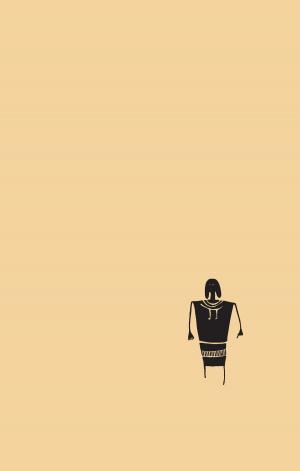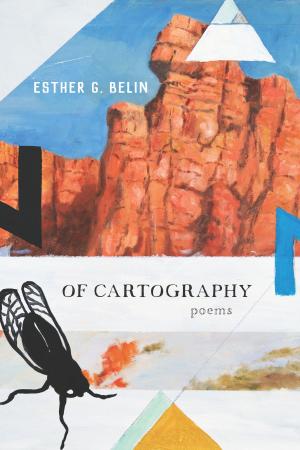The Lives of Stone Tools
Crafting the Status, Skill, and Identity of Flintknappers
Nonfiction, Social & Cultural Studies, Social Science, Archaeology, Anthropology| Author: | Kathryn Weedman Arthur | ISBN: | 9780816538287 |
| Publisher: | University of Arizona Press | Publication: | April 24, 2018 |
| Imprint: | University of Arizona Press | Language: | English |
| Author: | Kathryn Weedman Arthur |
| ISBN: | 9780816538287 |
| Publisher: | University of Arizona Press |
| Publication: | April 24, 2018 |
| Imprint: | University of Arizona Press |
| Language: | English |
The Lives of Stone Tools gives voice to the Indigenous Gamo lithic practitioners of southern Ethiopia. For the Gamo, their stone tools are alive, and their work in flintknapping is interwoven with status, skill, and the life histories of their stone tools.
Anthropologist Kathryn Weedman Arthur offers insights from her more than twenty years working with the Gamo. She deftly addresses historical and present-day experiences and practices, privileging the Gamo’s perspectives. Providing a rich, detailed look into the world of lithic technology, Arthur urges us to follow her into a world that recognizes Indigenous theories of material culture as valid alternatives to academic theories. In so doing, she subverts long-held Western perspectives concerning gender, skill, and lifeless status of inorganic matter.
The book offers the perspectives that, contrary to long-held Western views, stone tools are living beings with a life course, and lithic technology is a reproductive process that should ideally include both male and female participation. Only individuals of particular lineages knowledgeable in the lives of stones may work with stone technology. Knappers acquire skill and status through incremental guided instruction corresponding to their own phases of maturation. The tools’ lives parallel those of their knappers from birth (procurement), circumcision (knapping), maturation (use), seclusion (storage), and death (discardment).
Given current expectations that the Gamo’s lithic technology may disappear with the next generation, The Lives of Stone Tools is a work of vital importance and possibly one of the last contemporaneous books about a population that engages with the craft daily.
The Lives of Stone Tools gives voice to the Indigenous Gamo lithic practitioners of southern Ethiopia. For the Gamo, their stone tools are alive, and their work in flintknapping is interwoven with status, skill, and the life histories of their stone tools.
Anthropologist Kathryn Weedman Arthur offers insights from her more than twenty years working with the Gamo. She deftly addresses historical and present-day experiences and practices, privileging the Gamo’s perspectives. Providing a rich, detailed look into the world of lithic technology, Arthur urges us to follow her into a world that recognizes Indigenous theories of material culture as valid alternatives to academic theories. In so doing, she subverts long-held Western perspectives concerning gender, skill, and lifeless status of inorganic matter.
The book offers the perspectives that, contrary to long-held Western views, stone tools are living beings with a life course, and lithic technology is a reproductive process that should ideally include both male and female participation. Only individuals of particular lineages knowledgeable in the lives of stones may work with stone technology. Knappers acquire skill and status through incremental guided instruction corresponding to their own phases of maturation. The tools’ lives parallel those of their knappers from birth (procurement), circumcision (knapping), maturation (use), seclusion (storage), and death (discardment).
Given current expectations that the Gamo’s lithic technology may disappear with the next generation, The Lives of Stone Tools is a work of vital importance and possibly one of the last contemporaneous books about a population that engages with the craft daily.















